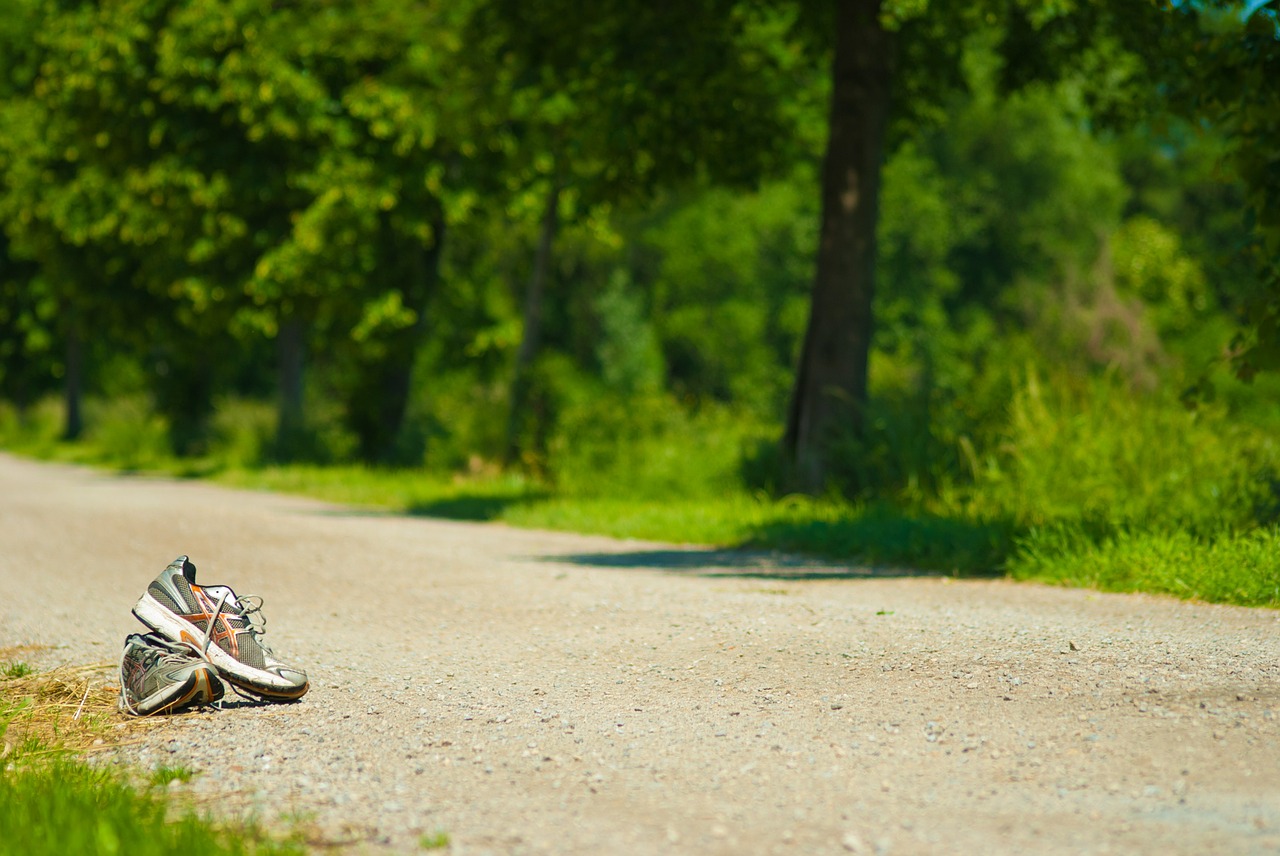Acts of Love
William Coleman
Womp, brio, alembic, the Albigensian Crusade. Each of these terms was lost on me recently as I tried to read. Each propelled me back to the surface of the page against my will, where I bobbed helplessly, far from reference, cursing my ignorance, the younger self that chose the appearance of intelligence over the disciplined work of reading. How many books did I pretend to read in high school, how many did I skim to glean the keys that might unlock a grade, or the impressed nod of a teacher? Close to thirty years later, I am still paying for those adolescent sins of omission. It was with a jolt, therefore, that the next day I heard my colleague Noah say the following in a faculty meeting at the high school where I work: "The desire to seem is the only thing that's lessened me in the presence of truth." He was recalling Camus, he told us. "Love is the opposite of seeming: in it, we reveal ourselves, not to seem, but to give." We'd been talking about our identity as a school. What was it, we wondered together, that defined our place? Words were offered and considered: service, rigor, hospitality, community. We discussed the term "classical school"— what did that mean, exactly? What about "Christian"?
Our headmaster and Latin teacher, a man who begins our every school day with a prayer that we may "learn to be more selfless and less selfish," praised our words thus far, and posited another: humility. Our math teacher said we teach discernment; she said we seek to see the human heart so we may see the need for redemption.
“The pyramid served one man," Noah said. "The power, the rule system, was vertical. All served the Pharaoh. But the Great Conversation occurs in a different space." We were sitting around the giant oak table in the parlor of the Victorian House that served as one-half of our campus (the other half being the house next door). "We look at each another: we talk, we share ideas. And behind us—"here, we became aware of the bookshelves lining every wall—"are ghosts, and they're speaking too." I recalled the days when Noah was a student in my class, seated at this very table—how much I learned from his deep reading in so many of the books that now were at our backs. "In this place, we may not end up agreeing, but we will end up seeing," he said.
It is difficult, even terrifying, to see and to be seen. It requires strength and faith to hazard an adventure into the unknown, to try to posit a wayward thought, to do the work required to speak with precision and authority, to trust that those who are looking back at you (fellow students, teachers; George Eliot,Flannery O'Connor) are themselves honest, fellow seekers. It's not easy, but its end is to end all seeming, which is to say it participates in the condition of love. They are gifts, these people, these ideas, these words we cannot yet understand. To look up alembic is an act of love.

 I am a trail runner. But when I tell you that, you will get the wrong idea about me. You will picture someone with gleaming calf muscles and a wardrobe stuffed with Lulu Lemon gear.
I am a trail runner. But when I tell you that, you will get the wrong idea about me. You will picture someone with gleaming calf muscles and a wardrobe stuffed with Lulu Lemon gear.